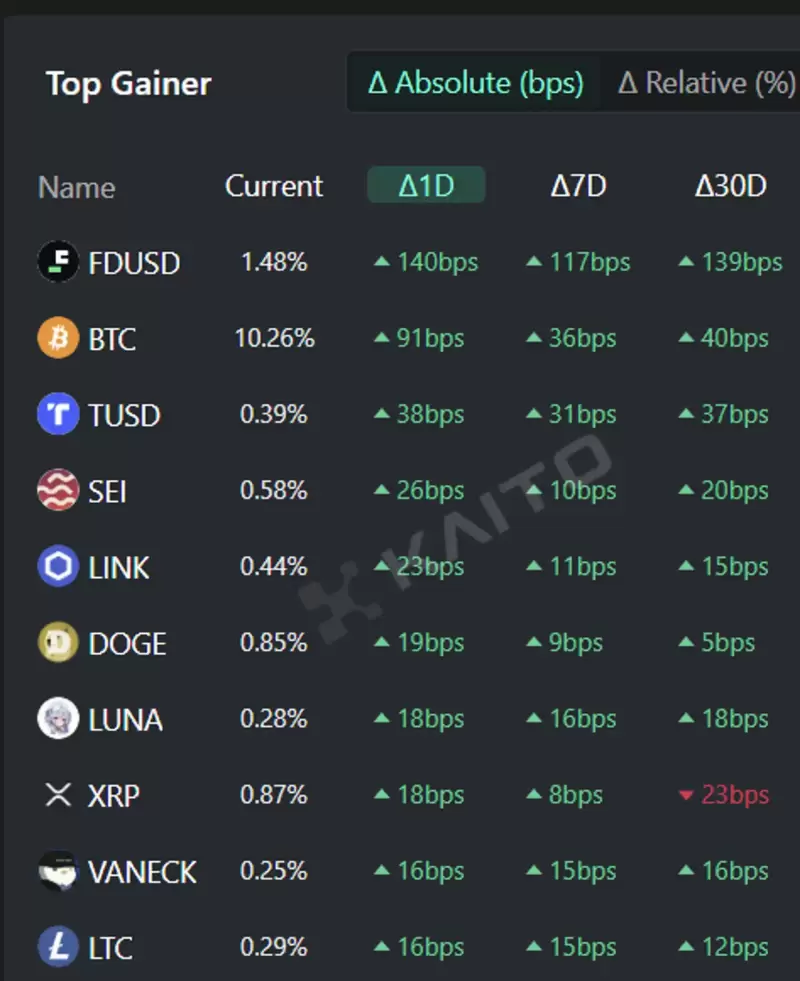For the week ending March 30, 2025, Ethereum generated only 3.18 ETH (approximately $6,000), marking a 73% decrease from the previous week. This figure also represents a drop of over 95% compared to blob revenues from the week of March 16, 2024, when fees exceeded 84 ETH.

In a recent development, Ethereum (CRYPTO: ETH) has seen a dramatic decrease in its revenue from blob fees. The fees fell to their lowest levels since 2024.
What Happened: For the week ended March 30, Ethereum generated a mere 3.18 ETH (about $6,000), marking a 73% decline from the previous week. This marks a drop of over 95% from the peak of blob revenues in the week of March 16, 2024, when fees exceeded 84 ETH.
The cryptocurrency is now generating less in seven days from this specific revenue stream than what traders pay for a single BTC at current prices.
The Dencun Upgrade, launched in March 2024, shifted transaction data from Layer 2 (L2) to temporary "blobs," which are stored off-chain, with the aim of reducing costs for users. However, this migration has also led to a drastic reduction in revenues generated by blob fees, to the tune of 95%, according to asset manager VanEck.
Related Link: How Much Is 1 Ethereum In US Dollar Today?
Why It’s Important: This drop in revenues raises concerns about Ethereum’s dependence on L2 scaling solutions for its transaction processing capacity. The profitability model of the network appears increasingly fragile, especially considering that transaction volumes on L2 would need to increase by more than 22,000 times for blob revenue to equal revenue from traditional transaction fees.
Despite this concerning situation, Ethereum is not standing still. The network is preparing its Pectra upgrade, slated for later this year, which could radically alter how blob space is allocated. The goal is to adjust the network's economics while maximizing its scalability to capture a larger market share.
The decline in Ethereum's blob fees highlights the ongoing discussion and strategic choices related to the role of L2 solutions and the management of network revenue. As the cryptocurrency landscape continues to evolve, it remains to be seen how these developments will impact the long-term economic future of Ethereum.
Disclaimer:info@kdj.com
The information provided is not trading advice. kdj.com does not assume any responsibility for any investments made based on the information provided in this article. Cryptocurrencies are highly volatile and it is highly recommended that you invest with caution after thorough research!
If you believe that the content used on this website infringes your copyright, please contact us immediately (info@kdj.com) and we will delete it promptly.





















































































